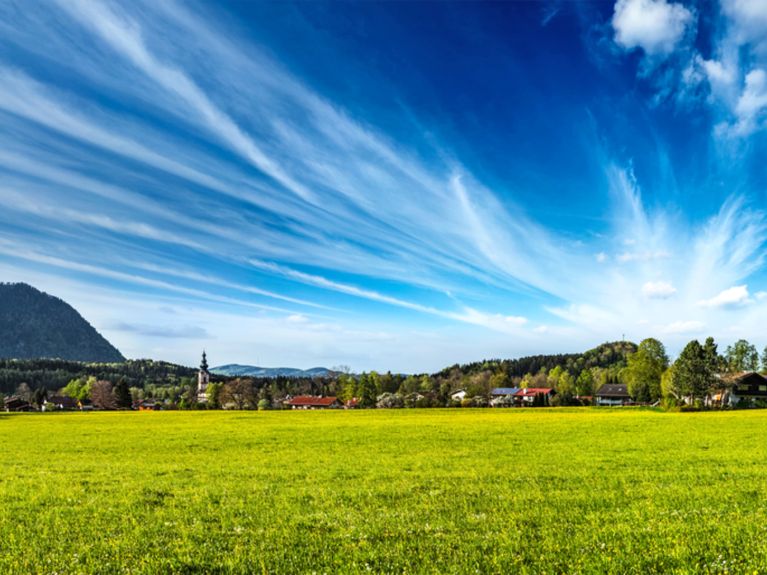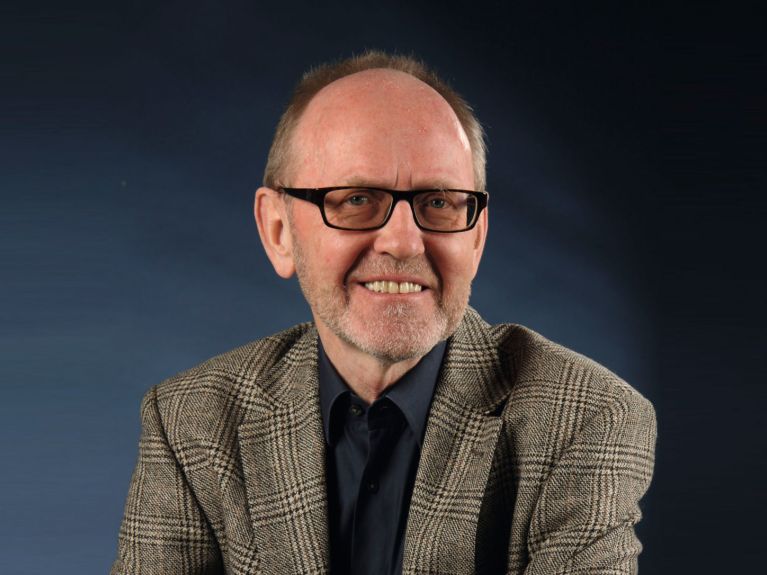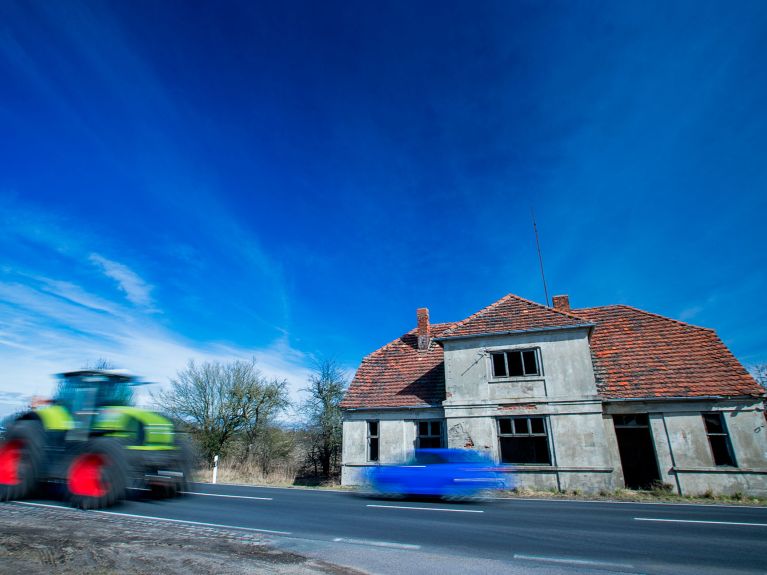Nine reasons why villages should be saved
The geographer Gerhard Henkel believes that democracy is at risk from rural exodus and the demise of villages. We describe the state in which Germany’s villages find themselves.

The future of our villages is a subject that is close to human geographer Gerhard Henkel’s heart. His book “Rettet das Dorf. Was jetzt zu tun ist” (i.e. Save the village. What needs to be done now) provides a basis for discussions about the political consequences of rural exodus. Formerly a professor at the University of Duisburg-Essen, he explains in our interview what has to change.

Professor Henkel, you are calling for villages to be saved. What is the situation in rural regions?
On a positive note, the economic and social shifts in recent decades have brought considerable progress to villages. Thanks to education and mobilisation, rural populations today are more prosperous, liberal and open-minded. Generally speaking, villages are loved by their inhabitants and visitors alike.
The downside is that most villages have lost local businesses, jobs and infrastructure. They find themselves without schools, guesthouses, shops, post offices, banks or churches. The young leave while the old remain. Village life is characterised in a huge number of cases by a vicious cycle of genuine economic loss and gloomy sentiment.

You claim that federal and state-level policy is weakening villages. What do you mean?
Local municipal reforms imposed from above have turned many villages into powerless districts within larger municipal entities. They have lost the local autonomy that they had built up over the centuries, with their mayors and local councils. Germany-wide, the local municipal reforms meant that over 300,000 unpaid local politicians lost their jobs. Consequently, the democratic basis that had existed in over 20,000 villages and small towns disappeared. Studies show that local municipal reforms have not saved any money but have caused devastating democratic and infrastructural damage.
What needs to change?
If local politicians in rural areas were given greater authority again, their standing would improve. Local residents would then be willing to get involved again. They should engage in local politics, and also play an active part in shaping clubs and associations.
Dieses YouTube-Video kann in einem neuen Tab abgespielt werden
YouTube öffnenThird party content
We use YouTube to embed content that may collect data about your activity. Please review the details and accept the service to see this content.
Open consent formWhy should villages not be allowed to die out?
90 percent of Germany is countryside, and over 50 percent of its population live there. As such, it is just as important for the state and for society as big cities are. There are nine good reasons why villages should be saved:
- over 50 percent of Germany’s value adding takes place in rural regions, and many world market leaders are based in villages and small towns
- the countryside supplies society with food and raw materials such as water, wood and renewable energy
- people in rural regions are happier with the environment in which they live
- children and young people can grow up in a healthier setting here
- rural lifestyles are in
- there is a high degree of willingness and ability to tackle local issues and problems on a voluntary or cooperative basis
- taking responsibility for oneself is deeply rooted in villages
- the countryside offers high-quality cultural landscapes
- an alternative form of living exists here – one that is characterised by proximity to nature and other people.
Interview: Tanja Zech

